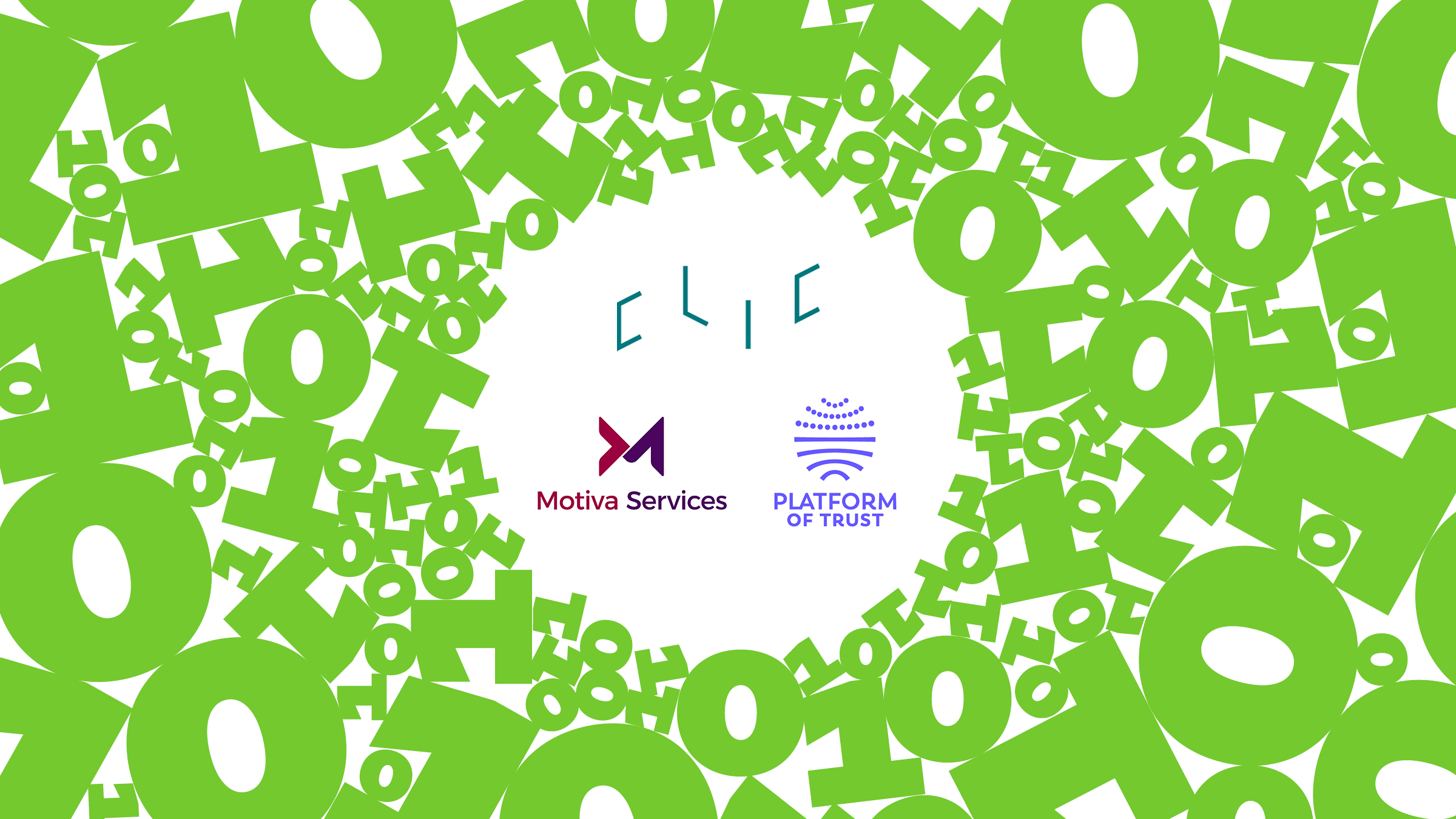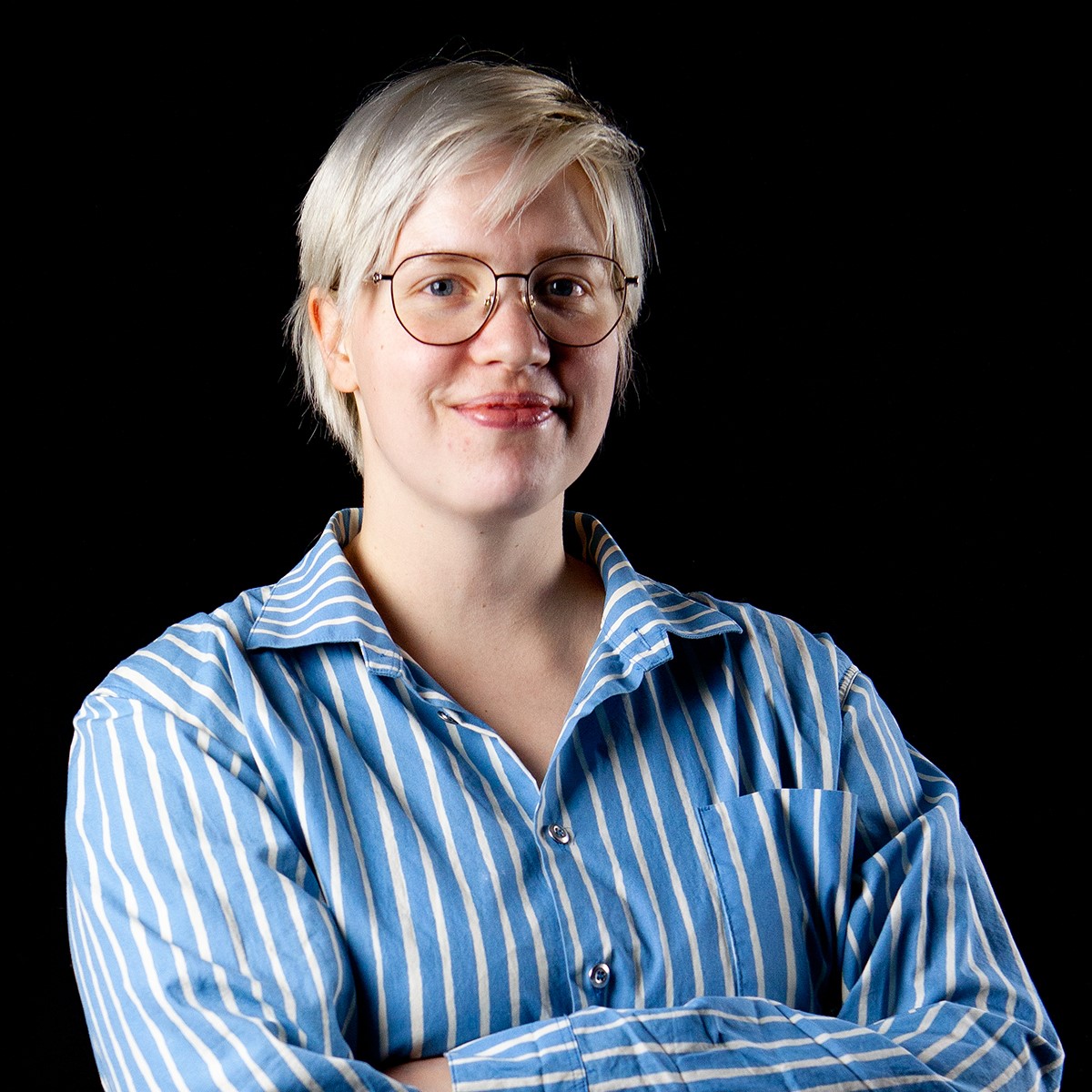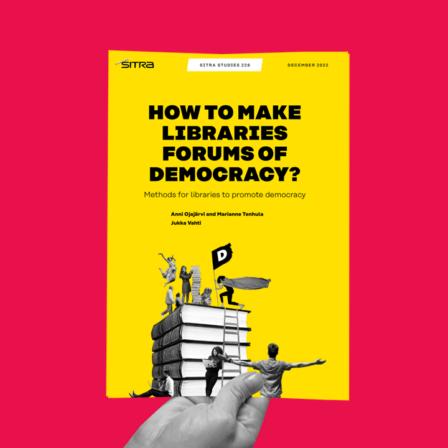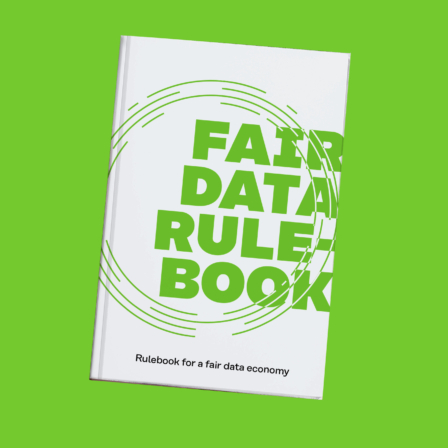Vision of the circular economy in practice
Operators in the field think that the materials in the circular economy of the future and data are intertwined and form a seamless entity, subject to joint rules. The vision is that the platform ecosystem of the circular economy under construction will be the most widely used solution in the maximal use of side streams and the waste materials of companies and communities, regardless of sector, within five years.
Companies and their relation to data
CLIC Innovation is a non-profit innovation cluster, which promotes sustainable development assisted by bioeconomy, circular economy and energy system solutions. The circular economy business platform (CEP), which was developed by the company in co-operation with major process industry companies, offers reuse routes for material streams which were previously unexploited or underused with the aid of data.
Motiva Services Oy is a subsidiary of the state-owned sustainable development company Motiva, which offers municipalities and companies services for accelerating sustainable development. The parent company Motiva has supported the Ministry of the Environment in the development of the data-driven Materiaalitori service promoting waste material recycling. Motiva collects data, for example, from the measures enhancing efficient use of energy and materials and their impacts in Finland.
Platform of Trust offers a data platform service that harmonises data from different sources and enables its integration into and utilisation of the ecosystem. Data is at the core of the company’s business operations.
Data to promote new circular economy operating models
The efficient circulation of industrial and construction side streams and waste in accordance with the circular economy requires new operating models. Society’s prerequisites for material recycling are still at the development stage, and material sources and their users do not converge in a timely and efficient manner.
The starting point of the IHAN business programme was to promote the circular economy operating models with the help of data. In addition to the material flows, data flows must be created between different operators. Reliable and transparent data sharing between partners is explicitly at the core of the IHAN fair data economy project.
The kinds of business models and solutions achieved:
Motiva, CLIC Innovation and Platform of Trust started to build a data-driven circular economy ecosystem in joint co-operation during the IHAN business programme. This ecosystem aims to combine the supply and demand of materials.
The platforms under development can be used to unite operators and provide, combine, refine and enrich data related to the movement of materials from different sources, existing data platforms and systems, as well as to build a shared data model and even guide material trade.
Data can be used to boost the continuous development of the circular economy operating models and services and the maturity level of the sector. These solutions equalise the availability of material data between operators of all sizes. They also provide significant financial benefits, for example, by streamlining the availability of materials in real time from different sources. It is essential to improve the competitiveness of recycled materials when compared to virgin materials.
Motiva Services plays two roles in the ecosystem. The company coordinates the development of the platform ecosystem, namely the exchange of data and co-operation between the sector-specific platforms inside the ecosystem. The company also brings the operators of the construction industry together in order to develop a digital platform solution through which the company offers different services to the ecosystem members.
CLIC Innovation develops the circular economy business platform (CEP), which focuses on the recycling of industrial side streams. This platform offers an interface for the more efficient use of industrial side and waste streams. The solution can be seamlessly integrated into Motiva Service’s platform solution so that the sectors can benefit from each other’s side streams and raw materials through the platform co-operation. This transmission of data and the integrations between systems are facilitated by Platform of Trust, which is the partner for data combining and harmonisation.
Who the ecosystem serves
The marketplaces sector-specifically unite the parties related to the side streams, such as material producers, service producers, processors and material users.
Data can be used to enhance the data exchange between sector-specific platforms inside the ecosystem and material circulation. For example, crushed concrete aggregate generated by construction and demolition can be used in different earthworks. Similarly, if windows are detached intact from a building due tor demolition, they can be used to make such things as glass wool. Plasterboard walls sorted in the demolition phase can be used to make new plasterboard. Similarly, the material processing of the process industry generates different kinds of sludges and excess materials from which valuable substances can be separated by further processing or which can even be directly used as long as the existence of the material is known and it can be taken into account in the process and product design.
This market has real value potential, and the focus is on the development of this market. The value potential can be unleashed by combining small streams, optimising logistics, understanding the properties of the material, communicating the available solutions and exchanging information openly between different operators.
From pilots to diverse data-driven business models
At the early stage of Motiva’s platform ecosystem, the revenue model consists of public sector pilots and development projects of public parties, which are subject to a charge. The first pilot, to be launched in early 2021, will be participated in by the Pirkanmaa region.
In addition to the pilots, the business comprises at the early stage expert services and network member fees in. Green growth and corporate social responsibility are emerging trends, and their actual implementations create brand advantages for pioneer companies.
The business model of CLIC’s CEP platform tests different revenue models. In the future, a part of the revenue will be based on such things as the fees for the additional services of the free basic service as well as on service fees included in the transactions.
Business and revenue models will be diversified due to the platform development and increase of the maturity of the sector. It is important to identify the current maturity level of circular economy and the business models suitable for it. The pilots offer important data, for example, on the current demand for materials and help in developing the business models of the platforms.
Rules for data sharing to be developed
The platform ecosystem is still in the conceptualisation stage, and the data sharing roles and rules will be prepared during the spring, for example, with the help of the Rulebook for a Fair Data Economy Fair data economy The part of the economy that focuses on creating services and data-based products in an ethical manner. Fairness means that the rights of individuals are protected and the needs of all stakeholders are taken into account in a data economy. Open term page Fair data economy and in the platform development work based on agile development.
In the circular economy environment, a crucial role in data sharing is played by the management of essential data standards and their use across industries. This enables more efficient co-operation and quicker integration of information systems.
What next?
The solution will advance to the pilot implementation after the IHAN business programme as planned. In addition, implementations with a minimum scope will be created from the sector-specific platforms of the ecosystem during the spring of 2021.
Why it is worthwhile participating in the IHAN business programme
- Data concerns the entire organisation. Companies already posses a lot of data, but data and data sharing are rather new themes for many organisations. Employees from different levels of the organisation should be engaged with the learning and working with the theme.
- Patience and planning support change management. Data-based business operations mean creating something new, so it is important to increase the maturity level and implement the change. Data helps companies in making better decisions, predicting changes and building business operations that are based on understanding.
- Define your own playing field, but leave room for others. The ecosystem offers a giant leap in co-development on the crest of a data economy wave. Companies can achieve greater results in the ecosystem than when operating alone, as customers’ actual problems can be solved through co-operation based on trust.



















Contact us